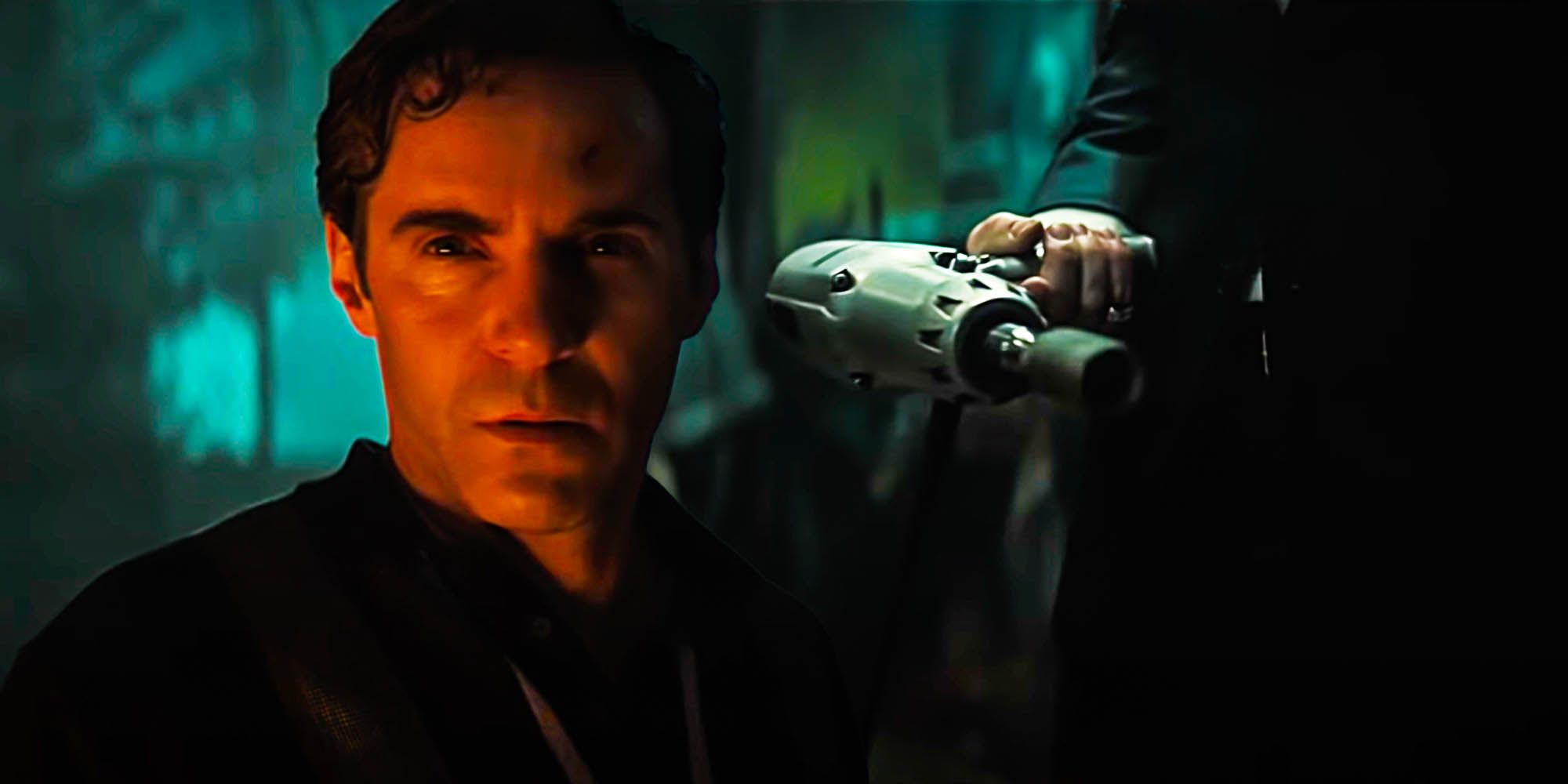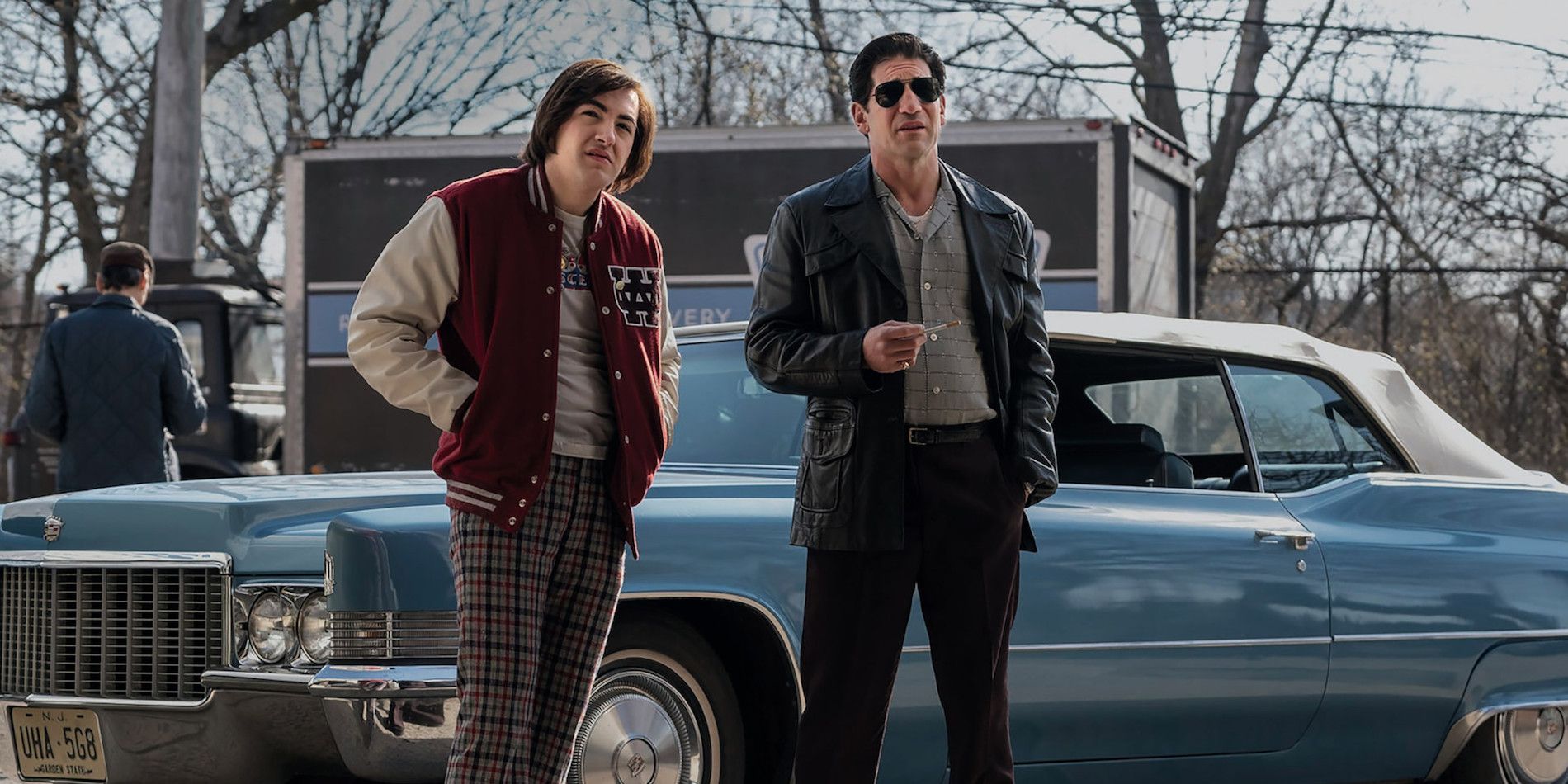Following in the footsteps of The Sopranos, The Many Saints of Newark is an evocative, occasionally violent portrayal of Mob life in the 1960s. Serving as a precursor to the iconic series, the film introduces several of The Sopranos' most well-known characters. Understandably, considering the tone of the original show and the central theme of organized crime, the new movie doesn't shy away from showing onscreen brutality – often conducted by the film's supposed protagonists.
Set several decades before The Sopranos, The Many Saints of Newark chronicles both Tony Soprano's (played by Michael Gandolfini) induction into the world of the Mafia, and the misadventures of his uncle, Dickie Moltisanti (Alessandro Nivola). The film also sheds light on the backstory of several other crucial characters, including the likes of Livia Soprano (Vera Farmiga), Junior Soprano (Corey Stoll), and Paulie Gualtieri (Billy Magnussen). Laced with political and societal undertones, the film uses the notorious 1967 Newark Riots as a backdrop, highlighting the charged cultural tensions of the era.
Just like the original show, The Many Saints of Newark is not squeamish about showing violence on screen. While it's perhaps not as blood-soaked as many Mob crime dramas, such as Martin Scorsese's Goodfellas, and in the UK holds a 15 certificate (as opposed to The Sopranos' 18-rating) there are several stomach-churning moments. Liberal physical and gun violence features throughout the plot, all supplemented by occasional scenes of torture. For instance, one particularly gruesome moment involves an extremely unpleasant application of a drill. For this reason, The Many Saints of Newark is not for the faint-hearted.
While there's no doubt that the movie fully embraces the violent natures of many of its central characters, it's important to note that the onscreen aggression is rarely needlessly gratuitous. In fact, as a Sopranos origin story, violence arguably plays a more crucial role than ever in helping the audience to understand how and why certain characters develop in the way they do. For instance, witnessing Tony Soprano's early forays into violent crime reveal much about his behavior throughout the series. Therefore, while some of the violence might make for difficult viewing, it serves an important purpose in the wider narrative.
However, while the extensive violence might be off-putting, it's important to note that The Many Saints of Newark is about more than bloodshed. Like The Sopranos before it, the movie also focuses on the many intricate familial relationships made inevitably more complicated by a life of crime. For instance, a key consideration in the narrative is how Tony's admiration for his uncle Dickie shapes his view of the world and how he becomes the leader that audiences know from the series. In this way, and in spite of the violence, The Many Saints of Newark provides an important supplement to The Sopranos story.


